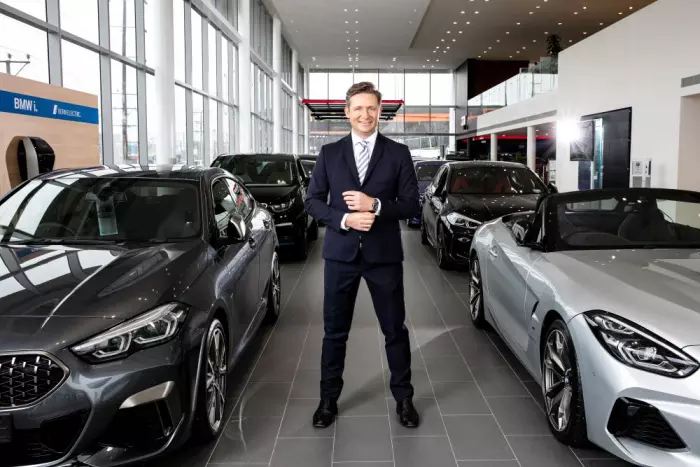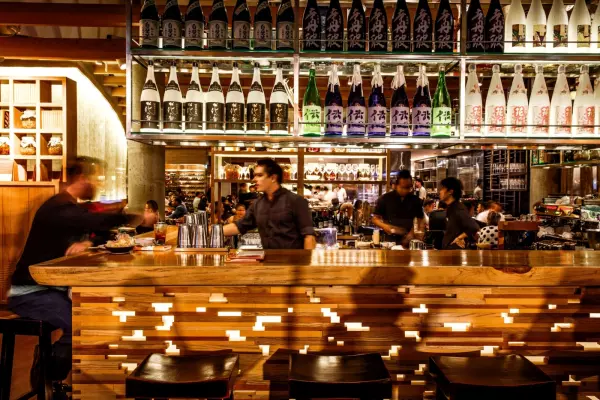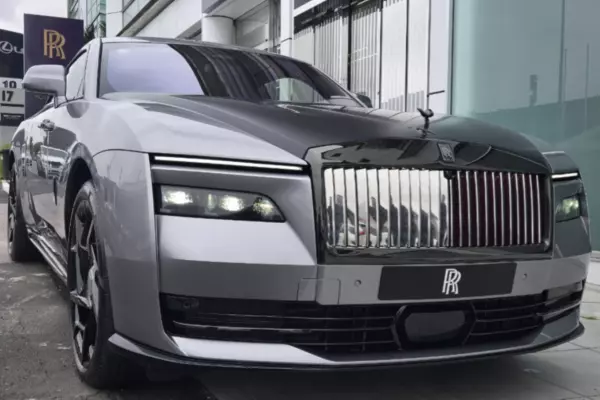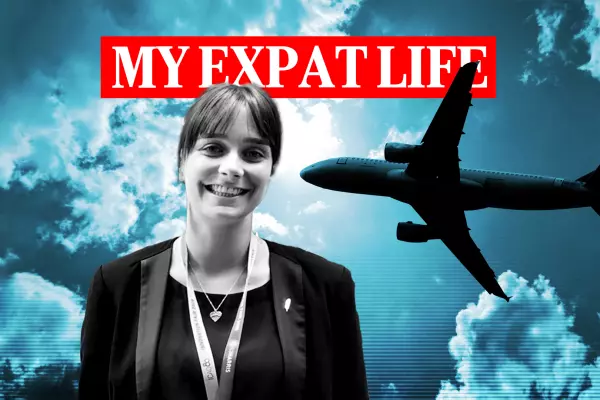A cupholder changed the path of Karol Abrasowicz-Madej’s life. And the same cupholder might just have saved BMW’s business in the US.
The humble device set Abrasowicz-Madej on a career that, decades later, led to his job as New Zealand managing director of BMW, a role from which he has just stepped down.
As an intern working in the German carmaker’s production division in 2002, he was charged with analysing research into what buyers would want in the future.
Back then, BMW was a product-focused company. It figured it needed to engineer the best possible cars and then present them nicely. People could buy them — or buy an inferior car from elsewhere.
But research into what consumers wanted suggested the model was not working. “We’d been working with [consumer intelligence company] JD Power in the US and they’d been giving us a hint of what people wanted from our cars,” says Abrasowicz-Madej.
The study was in English, but the young Polish analyst – who had mastered German – was still learning the language.
“I had found a statement about the cupholder. It was second from the top in customer requests coming from the United States. I just put it into the translator, and I came to the conclusion that it cannot be true — what does a cupholder have to do with a car?
“So I went to my boss and I said there is this study but probably there's a mistake in the question.
“It came down to if we don't put the cupholder in, we will not generate a high customer satisfaction. Basically, we started at that time. Now, everything in the car industry is driven by the customer.
“No matter how well engineered the cars were, they had to meet the wants and needs of the people getting out their wallets.”
Like much of global business, BMW increasingly became consumer driven.
Nowadays, Abrasowicz-Madej sees parallels with electric cars. It is all well and good for the carmakers to pour billions of dollars into creating them, but governments need to help make EVs financially attractive and consumers need to want to buy them.
“To pull off a very rapid path of CO2 emission reduction from vehicles, we need at least three parties. First, we need customers, second, we need the auto industry, and third, we need the government.
“But the buyers are not there. So, coming back to this customer-centric approach, what can we do for our customers to increase the take-up rate of electric vehicles? It is not like government is saying: ‘Now sell.’ We need a customer.
“If the buyers are not there, what can we do for our customers to increase the take-up rate of electric vehicles that we need to combat the CO2 emissions?"
Abrasowicz-Madej believes the transition from fossil fuel to electric power cannot be quick. He says if we move too fast, we’ll simply need to burn more imported gas and coal to generate the needed electricity, given our limited ability to produce electricity from sustainable sources.
“If tomorrow, everything will be electric, then there is no capacity to produce the necessary green energy any more. So, actually, we will only increase the gas and coal burnt to produce the energy. So maybe the carmakers will sell it, but then the electricity will be coming from absolutely the wrong resources. So it has to be done in balance.”
Time to go
After a globe-trotting 20-year career, Abrasowicz-Madej feels he has done all he can as BMW’s New Zealand managing director and it is time to do something else. The Great Resignation drives a Bimmer.
“My decision has come down to family. We’ve relocated three times, uprooted and replanted everything we had each time to start a new life – and my young family has been a part of that process. We have three children, and they are now at the age where they need stability in a very unstable environment created by a global pandemic.
“In the USA, [the number of] departing CEOs in the last quarter of 2021 was up 16% on previous years.
“When I consider stress, mental health and wellbeing, we often think of this as part of a business environment, but these things impact those around us, too, like our families. New Zealand is a great place to live and raise a family, so we will be staying here for the long term and I will be looking for a new career opportunity.”
Abrasowicz-Madej counts doubling web traffic and tripling test drives as key achievements. “We have created four times as many leads from 2018 and massively improved in the dealer profitability.
“We’ve also increased customer satisfaction by 26%. Quality of service has always been one of my main areas of focus and one which defines a luxury brand.”
He says he’s achieved what he wanted to do at BMW New Zealand and did not wish to move to another role in another country, so decided just to leave.
His advice for other leaders dealing with a post-covid world? Firstly, set a clear goal and make sure everyone understands it, and, secondly, “just look back or reflect on yourself and identify the weaknesses – understanding that you need to compensate those weaknesses with the strengths coming from other people”.
“At the end of the day, being a managing director or CEO is a privilege. Use your brain to understand that you're dealing with a very delicate topic – humans – and not pursue your individual ambitions but pursue the goals that you need to achieve. You achieve them only through your people.
“When have you ever seen a coach who can be fitter and faster than the world-class athlete he currently trains? That, for me, is obvious.”
Abrasowicz-Madej may as well add: know when you’ve done enough and step aside.














